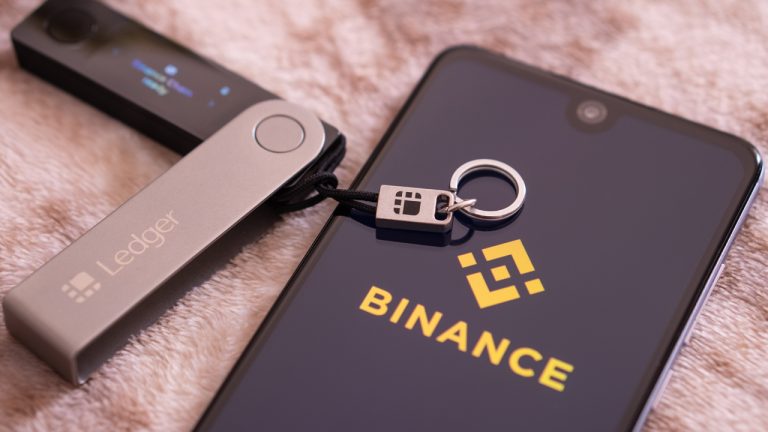
Cointelegraph Accelerator participants will get a headstart with Consensys’ Web3 solutions, including MetaMask, Infura and Linea zkEVM.
The transition from Web2 to Web3 is reshaping the technology landscape and attracting the attention of developers. Despite the challenges faced during the current crypto winter, the Web3 ecosystem continued to onboard new developers, with many thousands of developers making the jump from Web2 to Web3.
However, developers working with Web3 and blockchain technology can face numerous issues if they lack the proper knowledge, infrastructure and tools. Web3 teams need assistance developing in a complex environment without introducing vulnerabilities into their smart contracts that could lead to security breaches, such as hacks and exploits.

The number of active Web3 developers is rising. Source: Electric Capital.
To avoid these potential setbacks, Web3 startups are seeking support from established industry players. Blockchain and web3 software company Consensys offers developers and enterprises around the globe a range of tools to create applications on Web3, deploy financial infrastructures, and connect with decentralized networks. Among these tools is MetaMask, one of the most widely used hot self-custody wallets in the industry, which surpassed 100 million users in 2022.
A match made in heaven for Web3
In the summer of 2022, Consensys launched its Startup Program that aims at working with leading early stage ventures and support them on their path to becoming unicorns while having access to Consensys entire product stack. Consensys’ commitment to support startups aligns with the goals of the Cointelegraph Accelerator, which is to increase the visibility and success of promising Web3 products.
Cointelegraph and Consensys announced a new partnership in June 2023 to support early-stage companies in the space by combining Consensys’ software infrastructure with Cointelegraph’s media presence. The aim is to provide blockchain startups with a suite of powerful tools to drive their development and make significant strides in the web3 space.
By joining Consensys's Startup Program, Web3 startup accelerators gain exclusive access to a variety of proprietary software products. These encompass the Linea zK-Rollup Protocol, Infura, Diligence Fuzzing. MetaMask is also on the roadmap for the future. In addition, startups are granted access to comprehensive technical consulting, learning services, and potential investment, benefits and marketing opportunities.
On the other side of the partnership, Cointelegraph’s Accelerator will play a pivotal role in elevating the visibility of these blockchain startups by crafting strategic boosting and media campaigns. The Accelerator will provide startups with the stage to reach the right web3 audience. Furthermore, Cointelegraph will assist with marketing strategy development and provide access to their extensive network of investors, market makers, and tech providers. The program offers flexible payment options for its services.
Alex Greinacher, Director of the Program at Consensys, said:
“The idea of the partnership is that the startups have access to our combined Web3 expertise. This creates a truly leading offer for startups. Together we can cover all relevant areas that builders require for success. Among them we have tech infrastructure, media, consulting, marketing, support, access to funding, learning and enablement, partner credits and more.”
The partnership will provide participants of both programs fast-track access to partner’s program, joint educational products and workshops and also special terms for use of partners’ services and infrastructure. Built by the two leading organizations within the crypto and blockchain space, the partnership brings forth a fail-safe route to Web3 innovation for promising startups.
Projects integrated in joining the Consensys Startup Program can get in touch via startups@consensys.net. Projects interested in learning more about the Cointelegraph Accelerator can visit the official page and fill out an application via the webform.

















